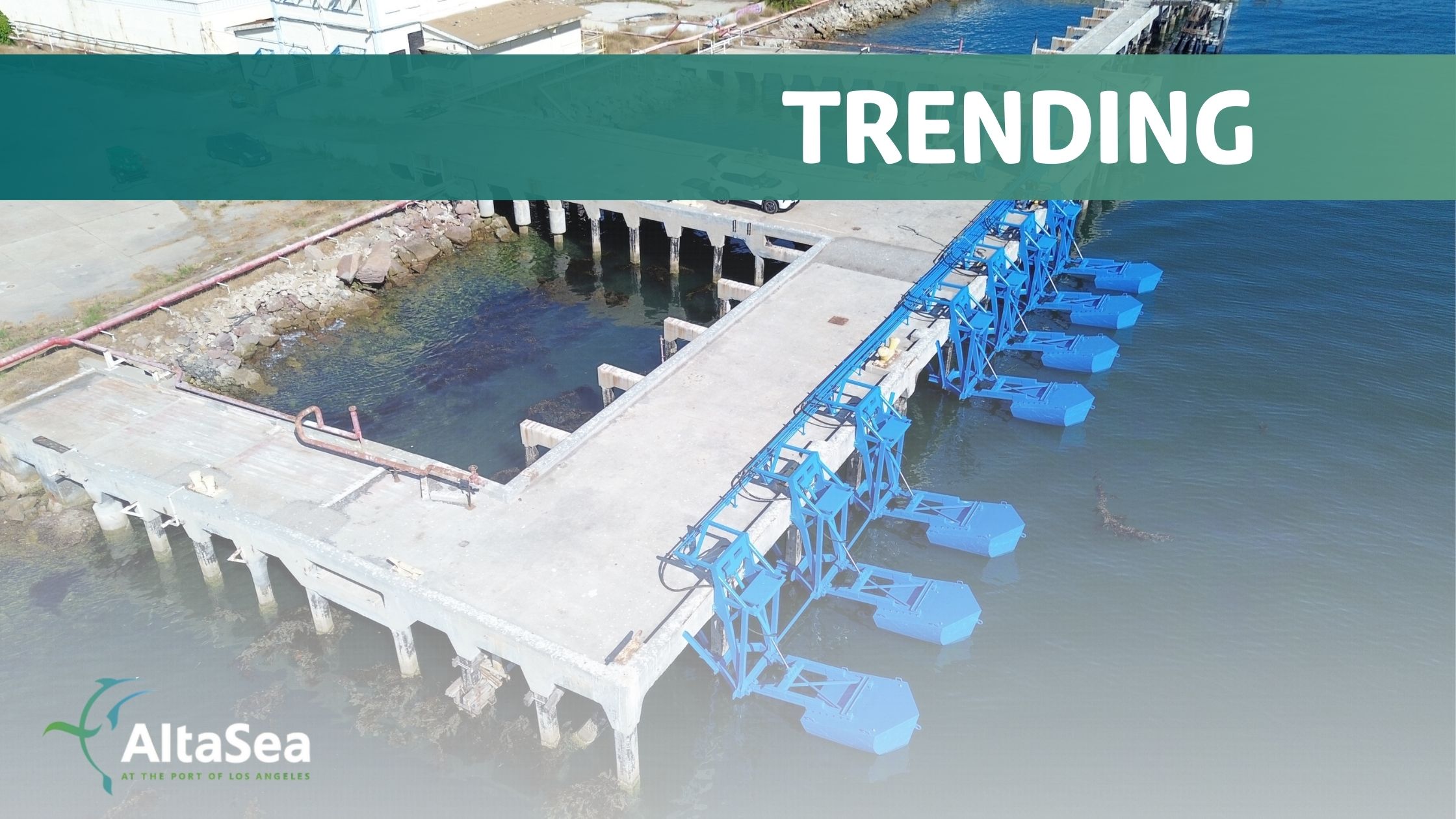
September 2025 Edition
A monthly round-up of news and trends important to the AltaSea community.
AltaSea Community Spotlight
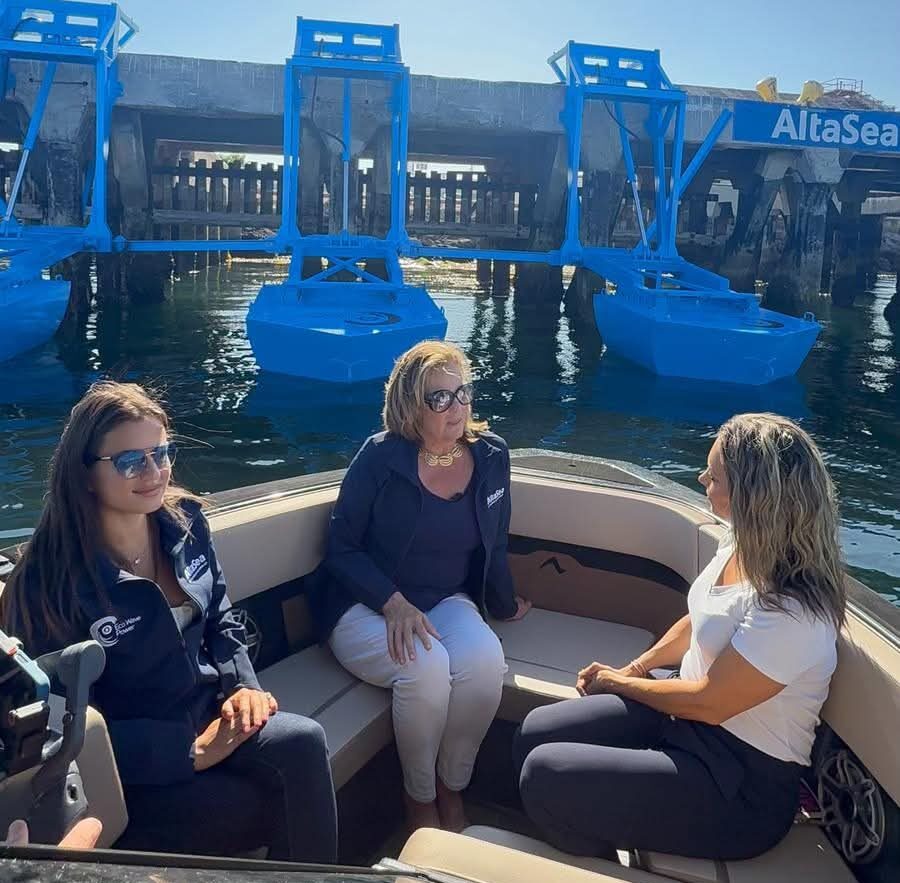
ABC News Chief Meteorologist Ginger Zee is in Los Angeles, where they are about to flip the switch and start generating power with waves.
Watch Interview –>
Eco Wave Power Global AB (publ) (NASDAQ: WAVE), a leading onshore wave energy technology company, is proud to announce that its U.S. pilot project at the Port of Los Angeles has successfully completed operational testing and achieved a historic milestone: the lowering of its innovative floaters into the water for the very first time. This major moment was broadcast live and exclusively by Good Morning America, marking unprecedented national visibility for the advancement of wave energy technology.
Read More –>
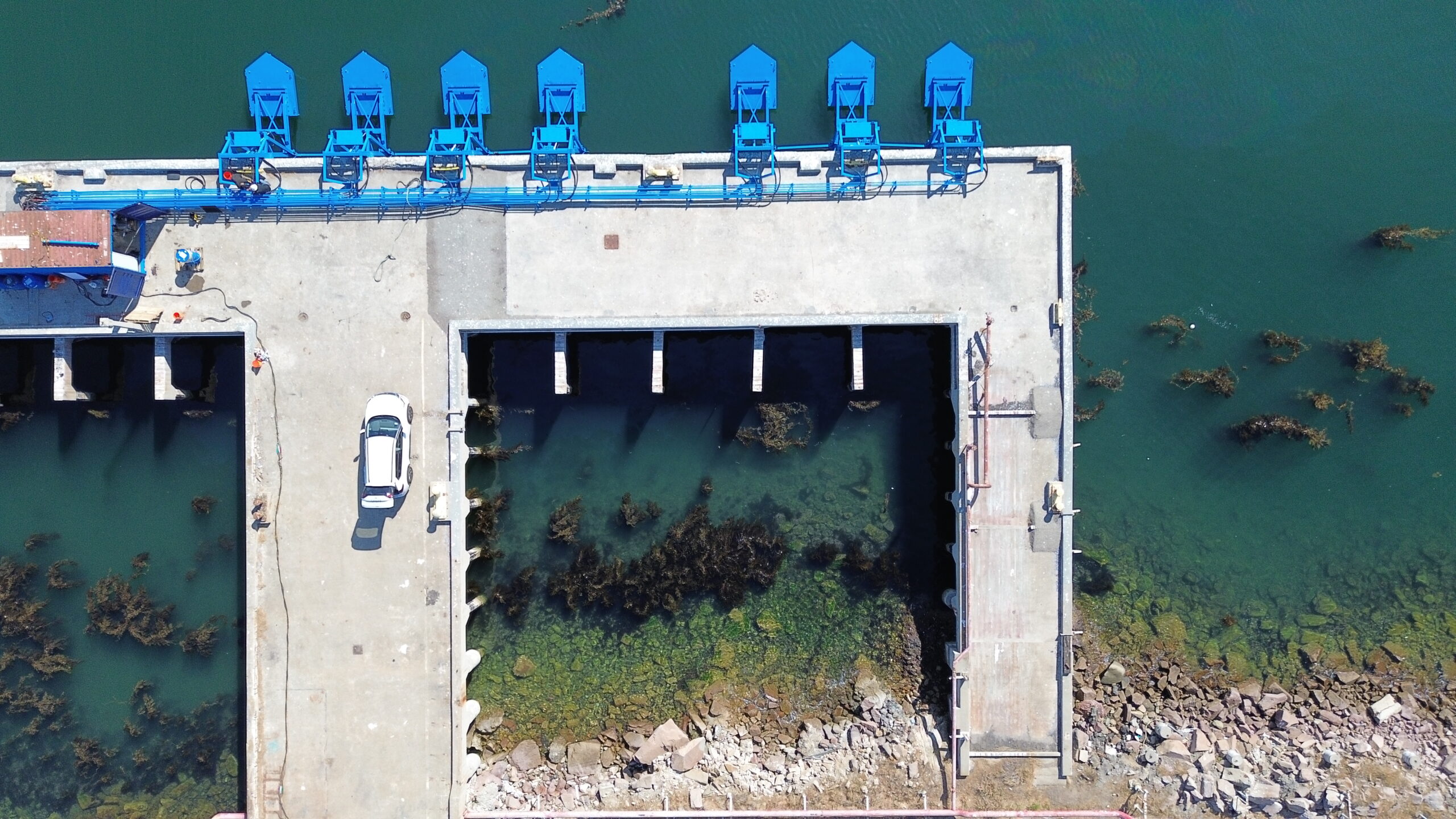
Equipment has been installed on the pier at AltaSea at the Port of Los Angeles in San Pedro for an 18-month test on harnessing energy from ocean waves.
The Eco Wave Power pilot demonstration project, using seven floaters attached to the pier at Berth 70, will provide data on capturing energy from waves using an offshore power station.
Read More –>
Around the corner from where container ships unload at the busiest port in the Western Hemisphere, a tech-driven, sustainable transformation is under way at AltaSea. This non-profit ocean institute has spent the past few years renovating once-vacant warehouses at the Port of Los Angeles.
It now has a growing list of more than two dozen public and private tenants working across marine renewable energy, sustainable aquaculture and ocean tech.
Read More –>
Next week, a new energy source is set to debut at the Port of Los Angeles: the nation’s first wave energy generation plant.
Israeli wave energy generation company Eco Wave Power Global, backed by London-based oil giant Shell plc’s marine renewable program, has built a wave energy generation demonstration plant at the campus of the AltaSea ocean institute.
Read More –>
CEO at ocean-based carbon removal specialist Captura reflects on applying his experience deploying space and robotics technologies to green industries.
Ocean-based carbon removal company Captura seeks to combine its electrodialysis and gas extraction technologies with the ocean’s natural ability to absorb CO2 to enable large-scale, low-cost carbon removal.
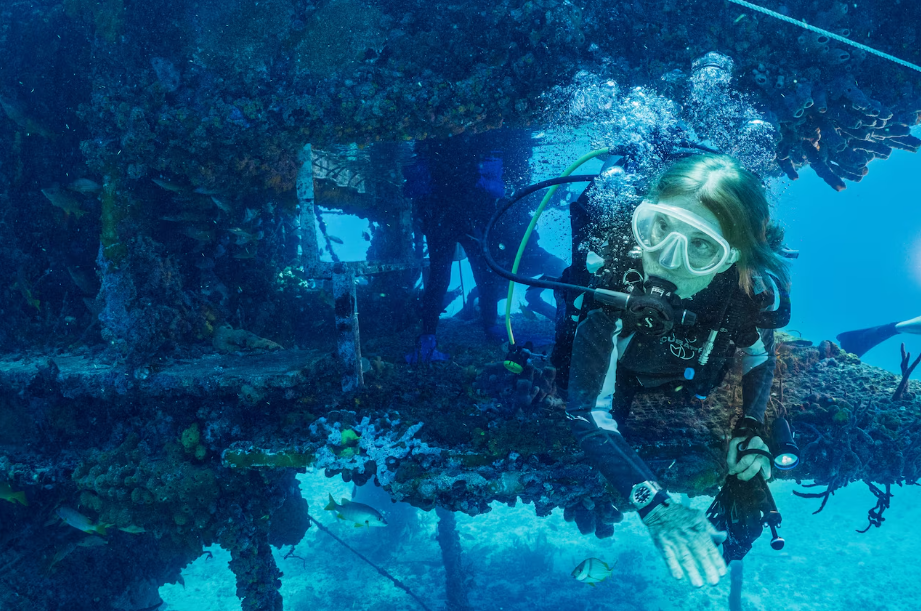
Pioneering marine biologist Sylvia Earle grew up along the sea—the right place for the right person to begin a prolific career built on exploring and protecting the ocean.
To date, Earle has led more than 100 ocean expeditions, logged over 7,000 hours underwater, authored more than 190 scientific papers, and published 13 books. She became the first female chief scientist at the National Oceanic and Atmospheric Administration in 1990 and is currently a National Geographic Explorer at Large.
Read More –>
Join UrgentSEA

No matter what is going on in the world, the oceans continue to bring waves to shore. Here at AltaSea, we look towards the ocean for both solutions and inspiration—the oceans don’t stop, and neither do we.
AltaSea remains committed to supporting science-based solutions to climate change—solutions that both protect the oceans and benefit local communities. But we can’t do it without your support. Please make a tax-deductible donation and join UrgentSEA, our new membership campaign, today.
Welcome New Members!
Michael H.
Reggie J.
Rick M.
Joyce N.
Alisia O.
Kathleen P.
Supriya S.
Mariela S.
Hea S.
Gisela V.
Robyn V.
Jorge V.
Upcoming Events

Blue Hour 2025
Saturday, September 27
This year, AltaSea will celebrate pioneers in the Blue Food sector, including Andrew Zimmern, celebrity American chef and restaurateur. As an Emmy-winning and four-time James Beard Award recipient, Andrew is a dynamic TV personality, chef, writer, and dedicated global citizen. He has committed his life to fostering cultural acceptance, tolerance, and understanding through culinary experiences, while also emphasizing the significance of ocean health, sustainability, and responsibly sourced food to secure a better future for generations. AltaSea will honor Andrew with the Innovation Award presented by lifetime ocean advocates, Philippe and Ashlan Cousteau.
This year’s Blue Hour will feature chef demonstrations, exquisite culinary creations, literal works of art from food, live music, distinctive entertainment, and a variety of ocean food and drinks.
You're invited to AltaSea to learn about Artificial Intelligence and how it is impacting innovators in the Blue Economy
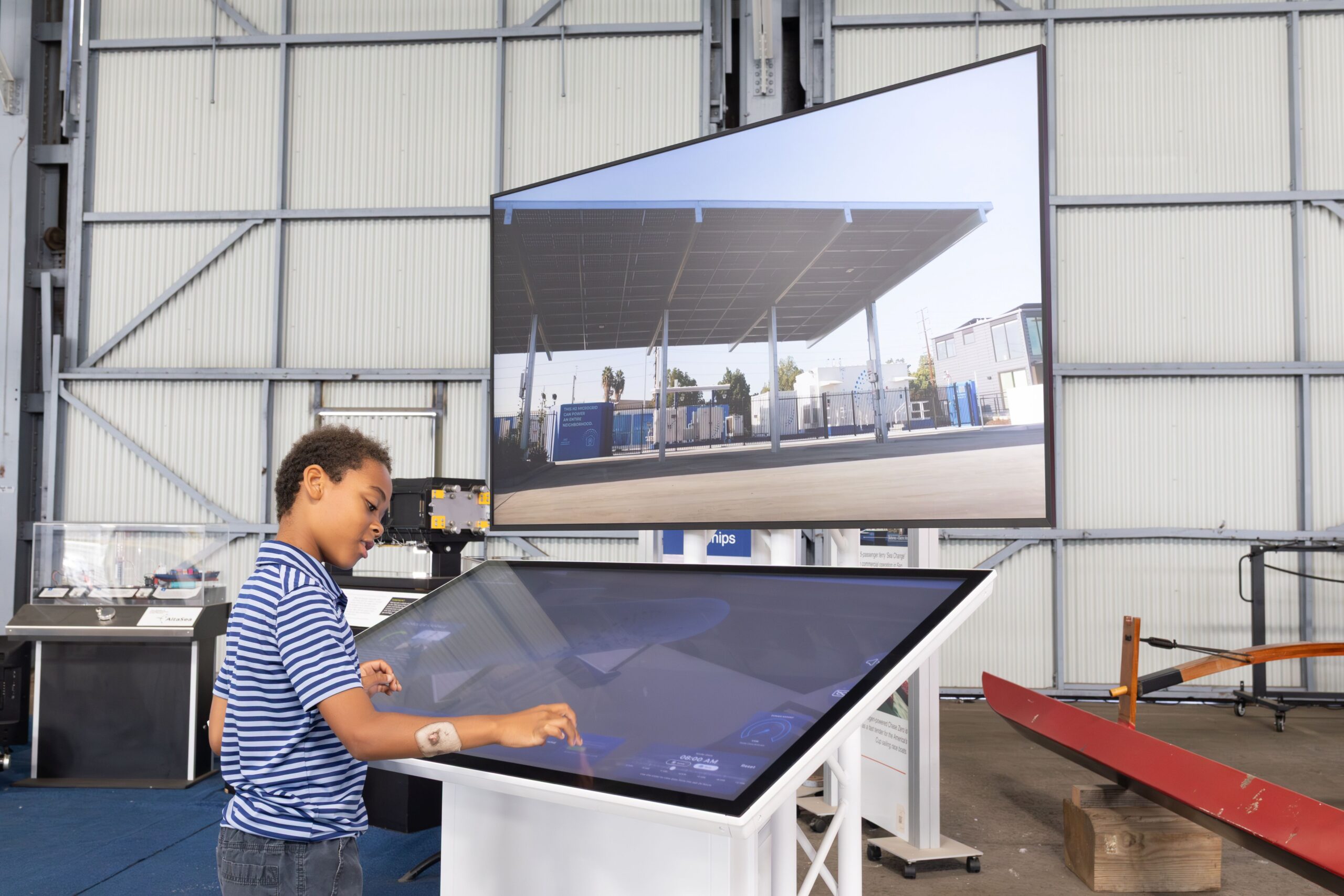
Saturday, October 18 at 10:00am
Join us for an exciting morning at the intersection of ocean innovation and artificial intelligence. “Charting the Course of AI in the Blue Economy” brings together pioneering entrepreneurs, AI experts, and sustainability advocates to explore how emerging technologies are transforming our relationship with the ocean. With speakers from Clean Earth Rovers, Kelp Ark, and Sperra, this open house is your chance to dive into real-world applications of AI that are shaping the future of the blue economy.
What’s the “Blue Economy,” and What Does AI Have to Do with It?
Marine Science
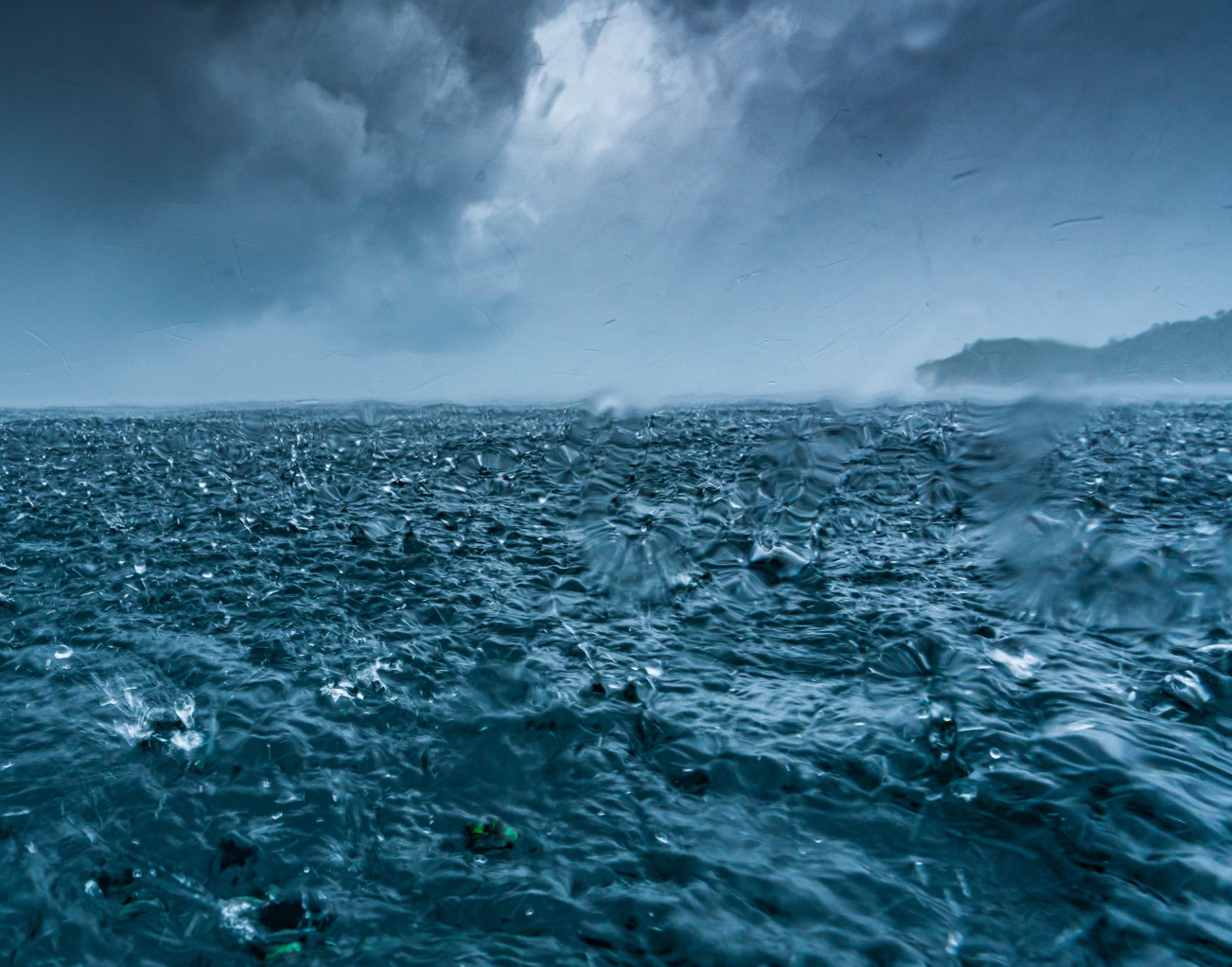
The collapse of a critical Atlantic current can no longer be considered a low-likelihood event, a study has concluded, making deep cuts to fossil fuel emissions even more urgent to avoid the catastrophic impact.
Read More –>
Fish provide essential protein for an estimated 3.2 billion people across the world. In some developing tropical countries, fish can make up some 70% of the diet. But over the next 50 years, warming waters are certain to upend fishing communities — and rewrite the rules of ecosystems and industries worldwide.
Mongabay asked five experts how fisheries will change by 2075, and what solutions could help prevent the worst outcomes.
Read More –>
The numbers of cod aren’t the only thing that has shrunk — so has their average size. Eastern Baltic cod are roughly half as big as they were in 1996, and their median weight has dropped to roughly a fifth of what it had been in that year.
A recent study blames the change on heavy fishing pressure, which selectively removed larger fish, which are more profitable, from the population. That not only reduced cod numbers, it also changed the fish’s genome so they no longer grow as large or as quickly. Slower-growing fish — which stay smaller longer, and so avoid trawlers’ nets — have an advantage in the face of intense fishing pressure.
Read More –>
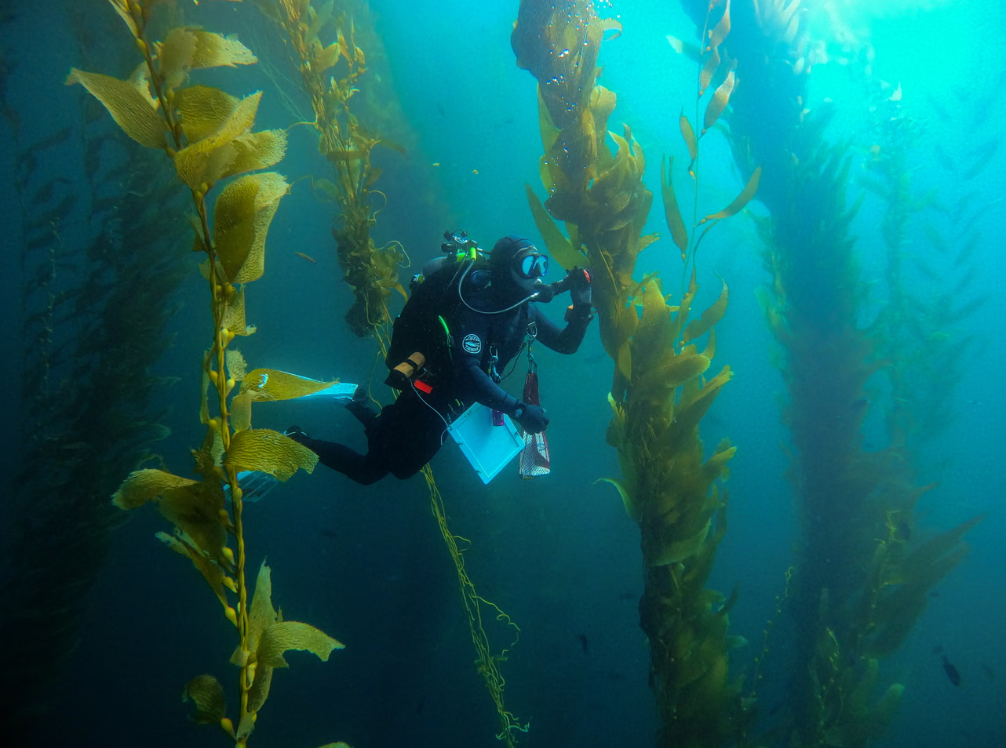
Led by the Bay Foundation, divers in the Santa Monica Bay have spent 15,575 hours underwater over the past 13 years. To bring the kelp back, they focus on minimizing the impact of one voracious eater: the purple urchin. The effort has been successful, smashing 5.8 million purple urchins and clearing 80.7 acres (32.7 hectares, the size of 61 football fields), and allowing the kelp to return.
Read More ->
Sustainable and Innovative Business
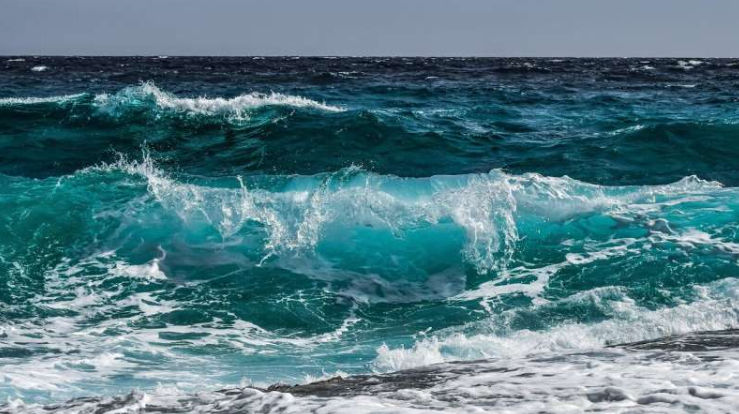
The blue economy refers to using water and ocean resources to create economic growth, improved livelihoods, and jobs—and doing this in a way that is sustainable.
A blue economy therefore needs to be based on a sustainable balance between often competing ecological and economic goals. It must be effectively managed so that it does not damage the marine environment. This will allow the blue economy to grow and benefit future generations.
Read More –>
In a groundbreaking new move to mitigate the impact of overfishing off the Greek island of Amorgos, a new Presidential decree has been published placing a year-round fishing ban across three of its most critical marine areas.
The ban is the fruit of an 11-year campaign led by local fishermen from the Professional Fishing Association of Amorgos to try to preserve the stocks that have run out – one that has been described by Blue Marine Foundation as “an act of collective courage for the future of the sea and the local economy.”
Read More –>
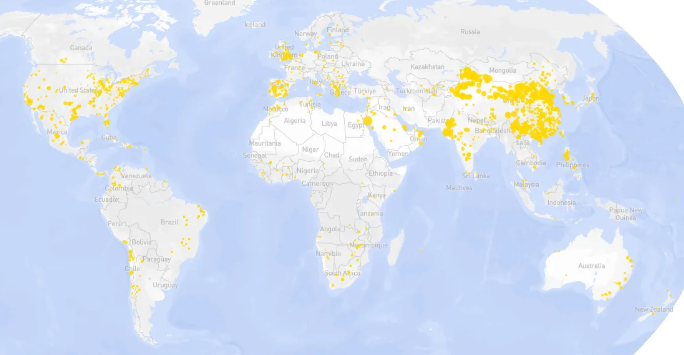
Imports of solar panels from China to Africa rose sharply in the year to June, capable of generating 60% more electricity than imports in the previous 12 months according to a new analysis of Chinese export data by energy think-tank Ember.
The solar panels imported from July 2024-June 2025 could provide 15 gigawatts (GW) of electricity to the continent – long left out of the global solar boom – up from 9 GW during the year before. Ember called this the “first evidence of a take-off in solar in Africa”.
Read More –>
Education
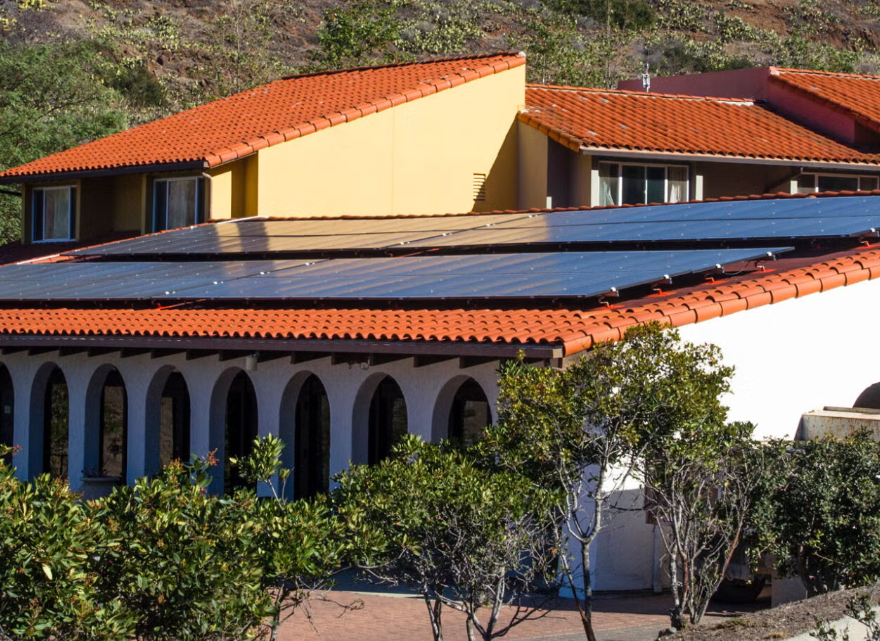
At the Wrigley Marine Science Center (WMSC) on Catalina Island, sustainability isn’t just what we study–it’s what we do every day.
Experimental and established sustainability solutions help power our operations as staff collect data to measure the impact. Our goal is to both test and benefit from sustainability best practices and new technology, in hopes of inspiring others to do the same.
Keep scrolling to learn about some of our key sustainability initiatives and where we hope to go in the future!
Read More –>
As climate change-related events increase in frequency and intensity, community climate science education is necessary for the benefit of both people and wildlife. The Aquarium of the Pacific has collaborated with the University of California Department Agriculture and Natural Resources (UC ANR) to bring an interactive course from August 14 through October 30, 2025. The first cohort will journey into the heart of climate science, community engagement, and ocean conservation by combining classroom and online learning sessions with field experiences and community-driven stewardship projects.